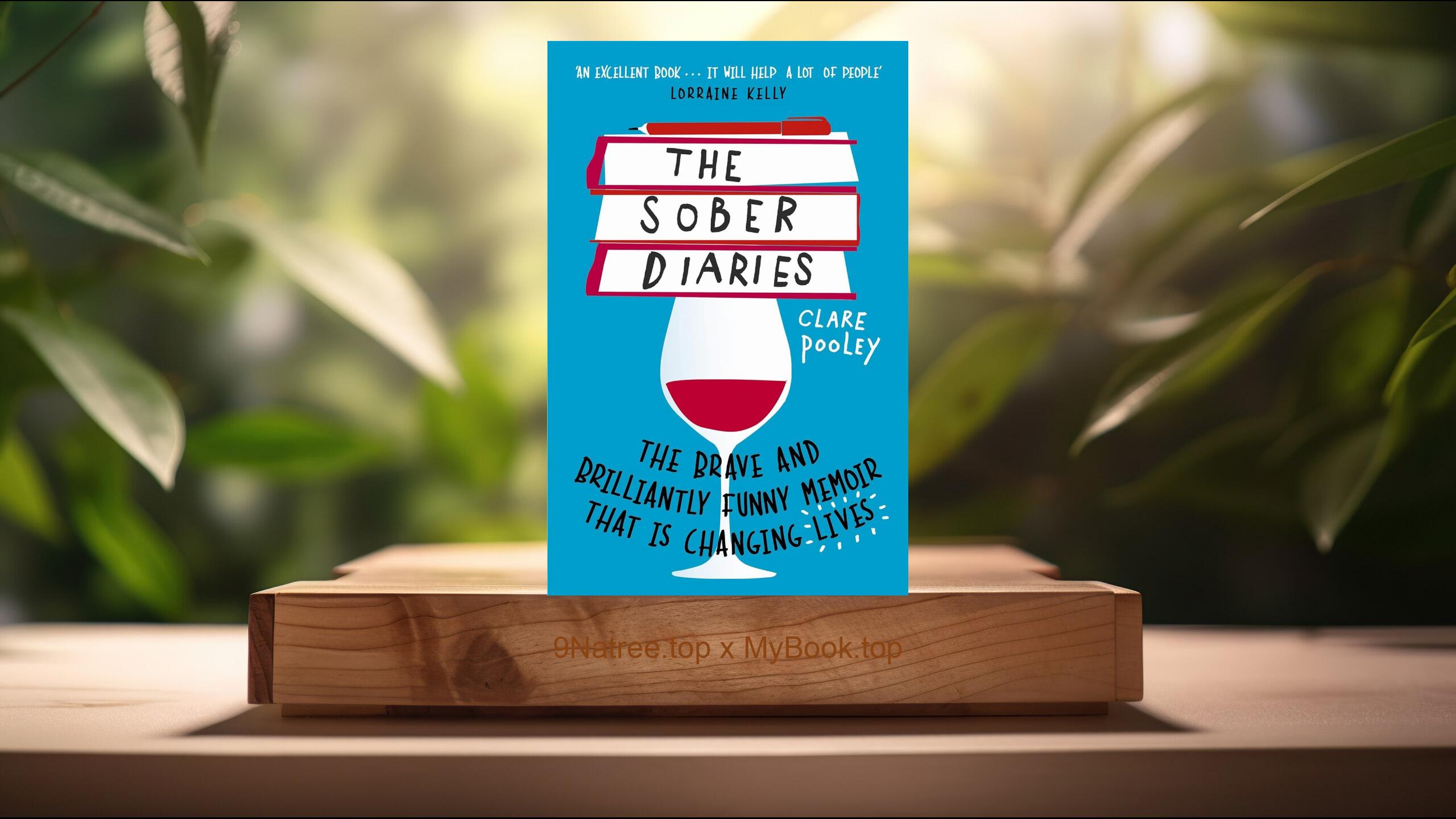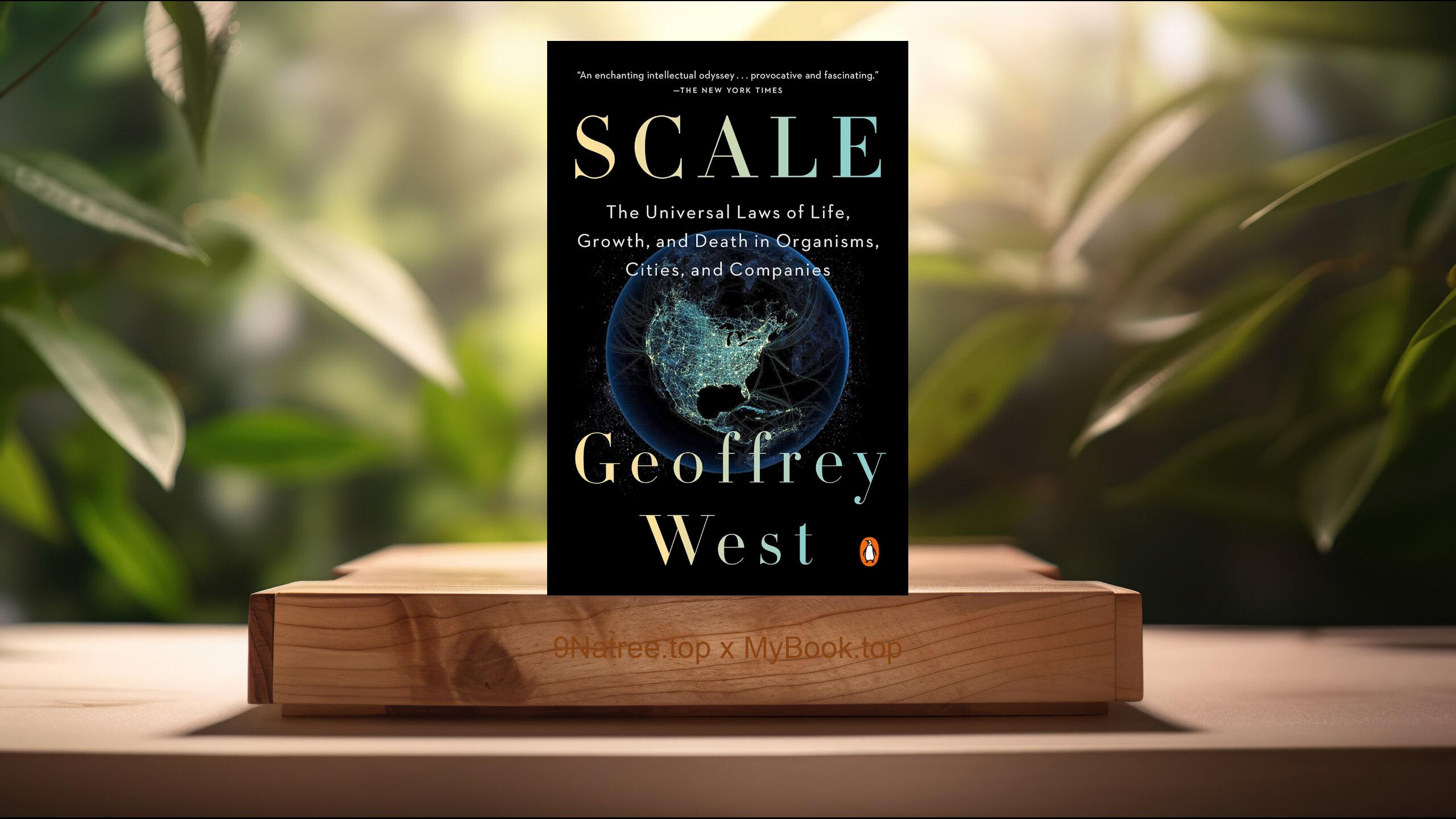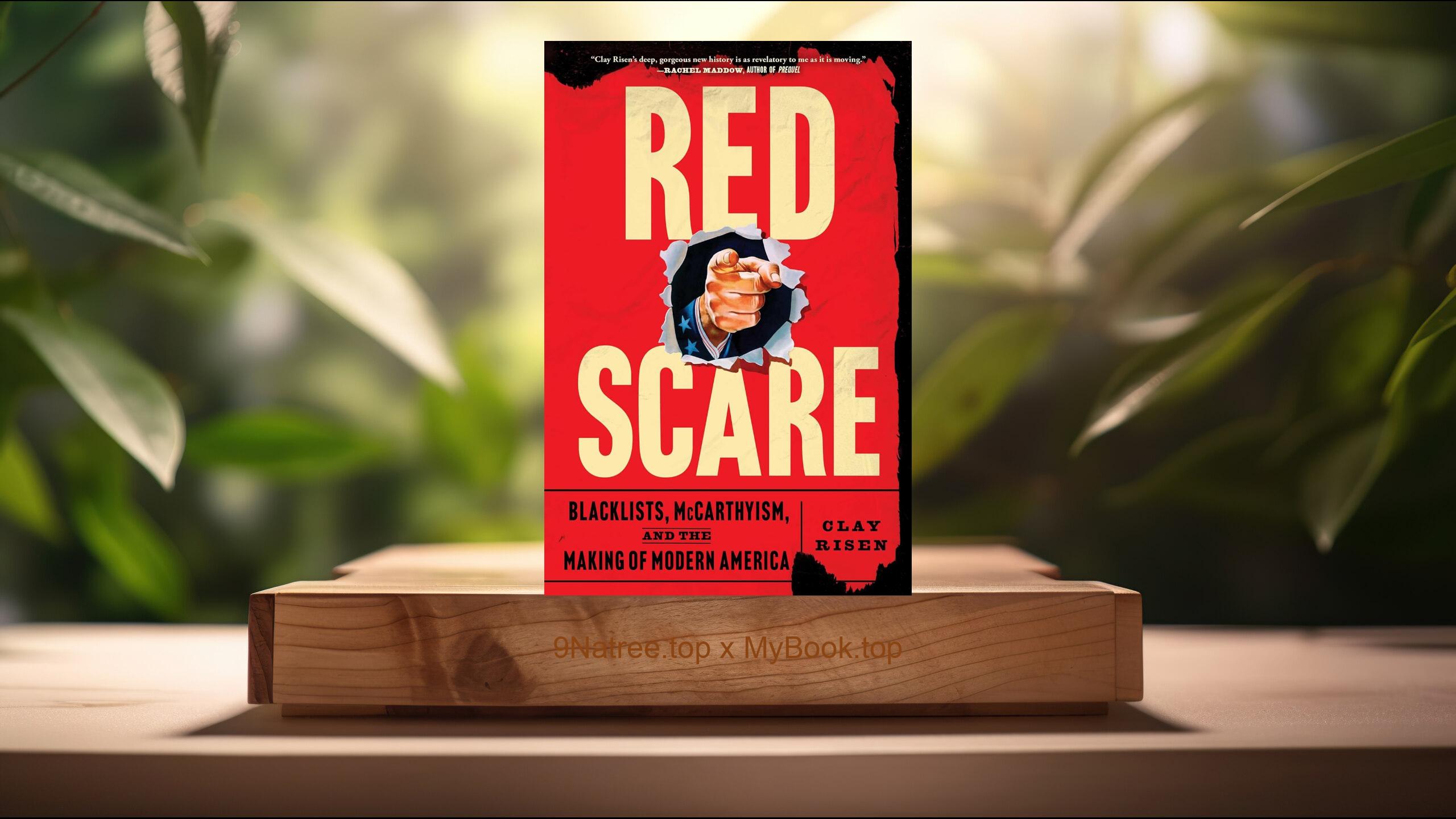Show Notes
- Amazon USA Store: https://www.amazon.com/dp/B01HZFB4WU?tag=9natree-20
- Amazon Worldwide Store: https://global.buys.trade/How-Not-to-Hate-Your-Husband-After-Kids-Jancee-Dunn.html
- Apple Books: https://books.apple.com/us/audiobook/how-not-to-hate-your-husband-after-kids/id1443055873?itsct=books_box_link&itscg=30200&ls=1&at=1001l3bAw&ct=9natree
- eBay: https://www.ebay.com/sch/i.html?_nkw=How+Not+to+Hate+Your+Husband+After+Kids+Jancee+Dunn+&mkcid=1&mkrid=711-53200-19255-0&siteid=0&campid=5339060787&customid=9natree&toolid=10001&mkevt=1
- Read more: https://mybook.top/read/B01HZFB4WU/
#marriageafterkids #mentalload #communicationskills #divisionoflabor #coparenting #conflictresolution #intimacyafterbaby #HowNottoHateYourHusbandAfterKids
These are takeaways from this book.
Firstly, The shock of parenthood and the resentment trap, Dunn begins by naming the first hard truth many couples feel but rarely admit. Parenthood can scramble identity, routines, and fairness within weeks. Fatigue magnifies minor irritations into full blown fights, while unresolved expectations harden into stories like I care more or You never help. The book shows how resentment thrives in ambiguity about roles and in silence around needs. Dunn maps the typical cycle. one partner overloads, erupts, and withdraws, while the other feels attacked and disengages further. Breaking that loop begins with a shared narrative. we are teammates against a demanding season, not enemies. She recommends pausing blame, listing the new workload together, and acknowledging losses as well as gains. By normalizing ambivalence and naming the invisible shifts in time, attention, and status, couples can replace accusatory labels with curiosity. Dunn pairs this reframing with small rituals that lower daily friction. clear handoffs for baby care, realistic expectations for sleep and chores, and a gentle rule that no one problem solves when depleted. This foundation sets the stage for more advanced tools.
Secondly, Communication under pressure, When stress spikes, couples often trade barbs instead of solutions. Dunn translates expert techniques into bite size scripts. Use a soft start. begin with a specific observation and a positive need rather than a global attack. Try mirroring. repeat your partners main point before responding to prove you heard it. Share impact instead of intent guessing. say When the kitchen is left messy, I feel overwhelmed, and I need a reset before bedtime. She borrows crisis negotiation staples like slowing the pace, taking tactical timeouts, and agreeing on a shared objective for the conversation. Beyond scripts, she emphasizes sequencing. schedule hot topics for windows without crying babies or looming deadlines and cap discussions to prevent spirals. Repair attempts, such as humor, a brief touch, or a reset phrase, are treated as skills you can practice, not magic. Dunn also advocates for post conflict debriefs that ask What worked, what did not, what will we try next. Over time, these habits reduce reactivity, increase goodwill, and keep issues smaller than the relationship containing them.
Thirdly, Invisible labor and fair division of tasks, A major source of anger after kids is the mental load. tracking diapers, doctor visits, meals, gifts, social plans, and the constant remembering. Dunn helps couples see the difference between helping and ownership. Real relief comes when a partner owns a domain end to end. plan it, do it, and follow up without reminders. She offers practical structures. weekly stand ups to assign domains, a visible dashboard for recurring tasks, and rules for handoffs when one partner travels or is sick. The book suggests grouping tasks by energy and location to reduce context switching, and automating or outsourcing where possible. subscriptions, bulk prep, and clear default settings for sleep, feeding, and cleanup. Dunn encourages swapping roles for a week so each partner feels the full cognitive load of the other. This builds empathy and sparks smarter design. The goal is not rigid 50 50 symmetry but durable fairness that respects strengths, schedules, and seasonality. With clarity and ownership, reminders fade, competence rises, and resentment loses oxygen.
Fourthly, Team mindset and daily systems that stick, Dunn treats a happy home as a small startup. it needs a mission, systems, and quick experiments. She invites couples to write a family mission in one sentence, then filter choices through it to avoid decision fatigue. Daily systems do the heavy lifting. predictable morning and bedtime checklists, a calendar visible to both partners, and fixed slots for meal prep, laundry, and resets. She describes divide and concentrate. one parent fully owns bedtime while the other handles kitchen close, then swap next night, which builds mastery and reduces stepping on toes. Micro habits keep goodwill high. catch your partner doing something helpful, give specific thanks, and name the impact. Two minute saves like laying out outfits or pre loading the dishwasher stack up. Weekly retros keep the system adaptive. What felt heavy, what worked, what gets adjusted. By focusing on processes over willpower, couples reduce friction and free attention for connection, creativity, and rest.
Lastly, Protecting intimacy, identity, and joy, After kids, closeness often slips to the bottom of the list. Dunn normalizes libido shifts, body changes, and the emotional hangover of endless caregiving. She reframes intimacy as a menu, not a single outcome. start with micro connection. five minute check ins without phones, a longer hug, shared laughter, and brief play that is not about the baby. Practical steps include scheduling protected couple time, bundling intimacy with existing routines, and negotiating sleep so both partners get minimum viable rest. She encourages tending to individual identity too. small sparks like a solo walk, a hobby class, or a coffee with a friend recharge desire and patience. When talking about sex, use curiosity and clarity about what feels good now, what is off limits for a while, and what conditions set the mood. Remember that kindness and competence in daily tasks are aphrodisiacs. As resentment drops and care feels mutual, affection returns more naturally. The message is hopeful. intimacy can evolve and deepen, even in the mess.
![[Review] How Not to Hate Your Husband After Kids (Jancee Dunn) Summarized](https://episodes.castos.com/660078c6833215-59505987/images/2177665/c1a-085k3-v6pwozj5ijr0-zwr0qm.jpg)




